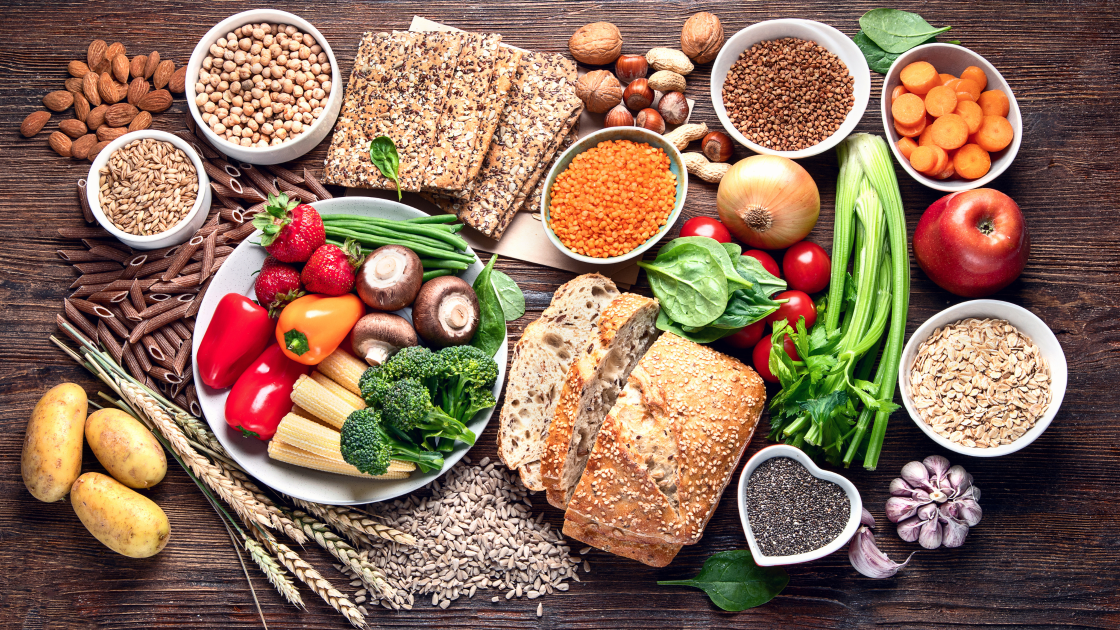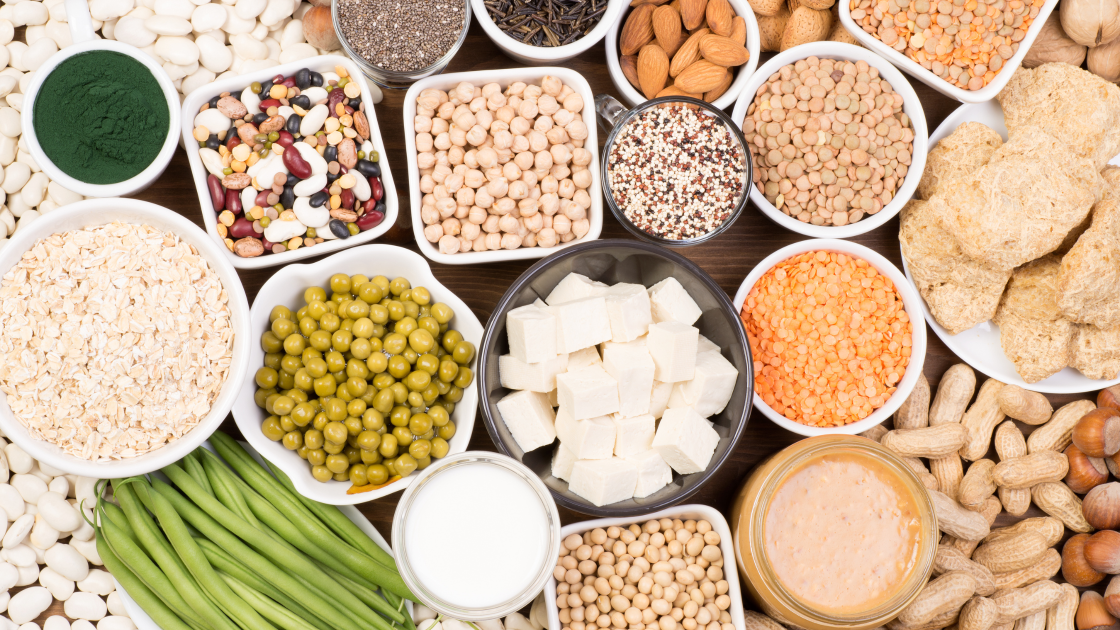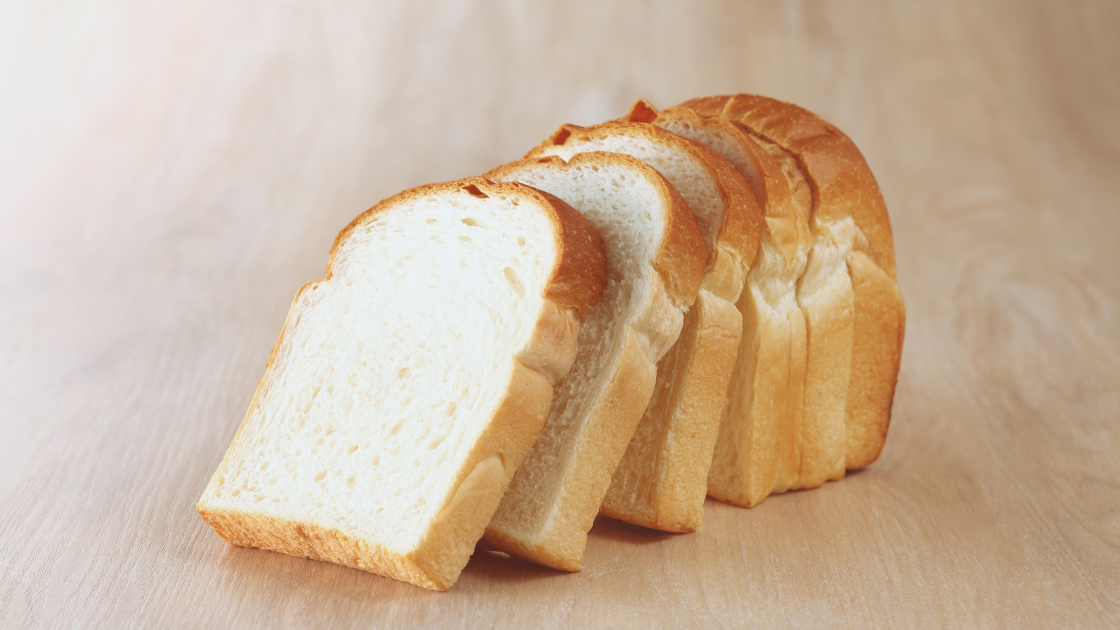There are no items in your cart
Add More
Add More
| Item Details | Price | ||
|---|---|---|---|

Introduction
Maintaining healthy lipid levels is crucial for overall cardiovascular health. In the Indian context, where the prevalence of dyslipidemia and related cardiovascular diseases is high, making appropriate dietary changes can have a significant impact on managing lipid profiles. This blog will explore five dietary modifications that can help lower lipid levels and improve cardiovascular health for the Indian audience.
1. Increase Consumption of Healthy Fats
Monounsaturated Fats
Monounsaturated fats, such as those found in olive oil, avocados, and nuts, can help lower LDL (low-density lipoprotein) cholesterol levels while increasing HDL (high-density lipoprotein) cholesterol. These fats can also improve insulin sensitivity and reduce the risk of heart disease.
Recommendation: Incorporate more monounsaturated fats into your diet by using olive oil for cooking, adding avocado to your meals, and snacking on nuts like almonds, walnuts, and pistachios.
Omega-3 Fatty Acids
Omega-3 fatty acids, found in fatty fish like salmon, mackerel, and sardines, can help reduce triglyceride levels and lower the risk of heart disease. They can also help improve the ratio of HDL to LDL cholesterol.
Recommendation: Aim to consume fatty fish at least two to three times per week. If you don't enjoy fish, consider taking a high-quality omega-3 supplement.
2. Increase Fiber Intake
Dietary fiber, especially soluble fiber, can help lower LDL cholesterol levels by binding to cholesterol and eliminating it from the body.

Soluble Fiber
Good sources of soluble fiber include oats, barley, beans, lentils, and certain fruits and vegetables like apples, oranges, and broccoli.
Recommendation: Incorporate more soluble fiber-rich foods into your diet, aiming for at least 25-30 grams of total fiber per day.
Insoluble Fiber
Insoluble fiber, found in whole grains, wheat bran, and vegetables, can also contribute to overall gut health and weight management, which can indirectly impact lipid levels.
Recommendation: Increase your intake of whole grains, such as brown rice, whole wheat bread, and quinoa, and include a variety of high-fiber vegetables in your meals.
3. Reduce Consumption of Saturated and Trans Fats
Saturated Fats
Saturated fats, found in fatty meats, full-fat dairy products, and certain tropical oils, can raise LDL cholesterol levels and increase the risk of heart disease.
Recommendation: Limit your intake of high-saturated-fat foods and choose leaner protein sources, low-fat or non-fat dairy products, and plant-based oils like olive, avocado, or canola oil.
Trans Fats
Trans fats, often found in fried foods, baked goods, and processed snacks, can significantly raise LDL cholesterol and lower HDL cholesterol levels.

Recommendation: Avoid or minimize your consumption of foods containing trans fats, such as fried items, baked goods, and packaged snacks. Instead, opt for healthier alternatives.
4. Increase Consumption of Plant-Based Proteins
Plant-based proteins, such as those found in legumes, soy, and nuts, can help lower LDL cholesterol levels and reduce the risk of heart disease.
Legumes

Legumes, including lentils, chickpeas, and beans, are rich in soluble fiber and can help lower cholesterol levels.
Recommendation: Incorporate more legumes into your diet, such as by adding them to soups, curries, or as a side dish.
Soy
Soy-based foods, like tofu, tempeh, and edamame, contain isoflavones that can help improve the cholesterol profile by reducing LDL and increasing HDL levels.
Recommendation: Experiment with incorporating more soy-based foods into your meals, such as by using tofu in curries or stir-fries.
Nuts and Seeds
Nuts and seeds, such as almonds, walnuts, and chia seeds, are rich in healthy fats, fiber, and plant-based proteins, which can contribute to better lipid management.
Recommendation: Snack on a handful of nuts or add them to your meals, and include chia or flaxseeds in your diet, such as by sprinkling them on yogurt or incorporating them into baked goods.
5. Limit Refined Carbohydrates and Added Sugars
Refined Carbohydrates
Refined carbohydrates, such as white bread, pasta, and pastries, can contribute to elevated triglyceride levels and lower HDL cholesterol.

Recommendation: Replace refined carbohydrates with whole-grain alternatives, such as whole wheat bread, brown rice, and quinoa, to help improve your lipid profile.
Added Sugars
Excessive consumption of added sugars, found in processed foods, sweetened beverages, and desserts, can also lead to higher triglyceride levels and lower HDL cholesterol.
Recommendation: Reduce your intake of added sugars by limiting your consumption of sugary drinks, candies, and baked goods. Instead, opt for fresh fruits, unsweetened dairy products, and water as your primary beverage.
Conclusion
Implementing these five dietary changes can have a significant impact on improving lipid levels and reducing the risk of cardiovascular disease for the Indian audience. By increasing the consumption of healthy fats, fiber, plant-based proteins, and limiting refined carbohydrates and added sugars, you can actively contribute to better lipid management and overall cardiovascular health. Remember to consult with a healthcare professional to develop a personalized diet plan that considers your individual needs and health status.

Dr. Anand Bafna